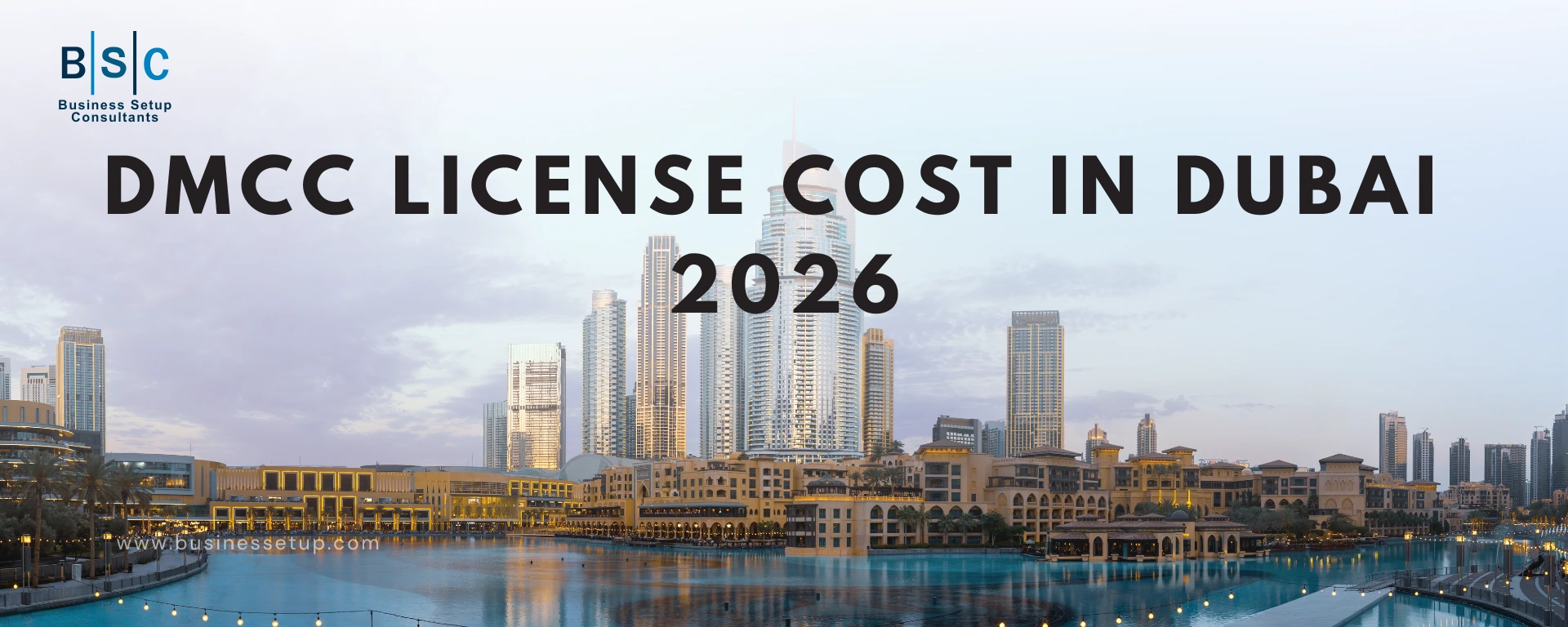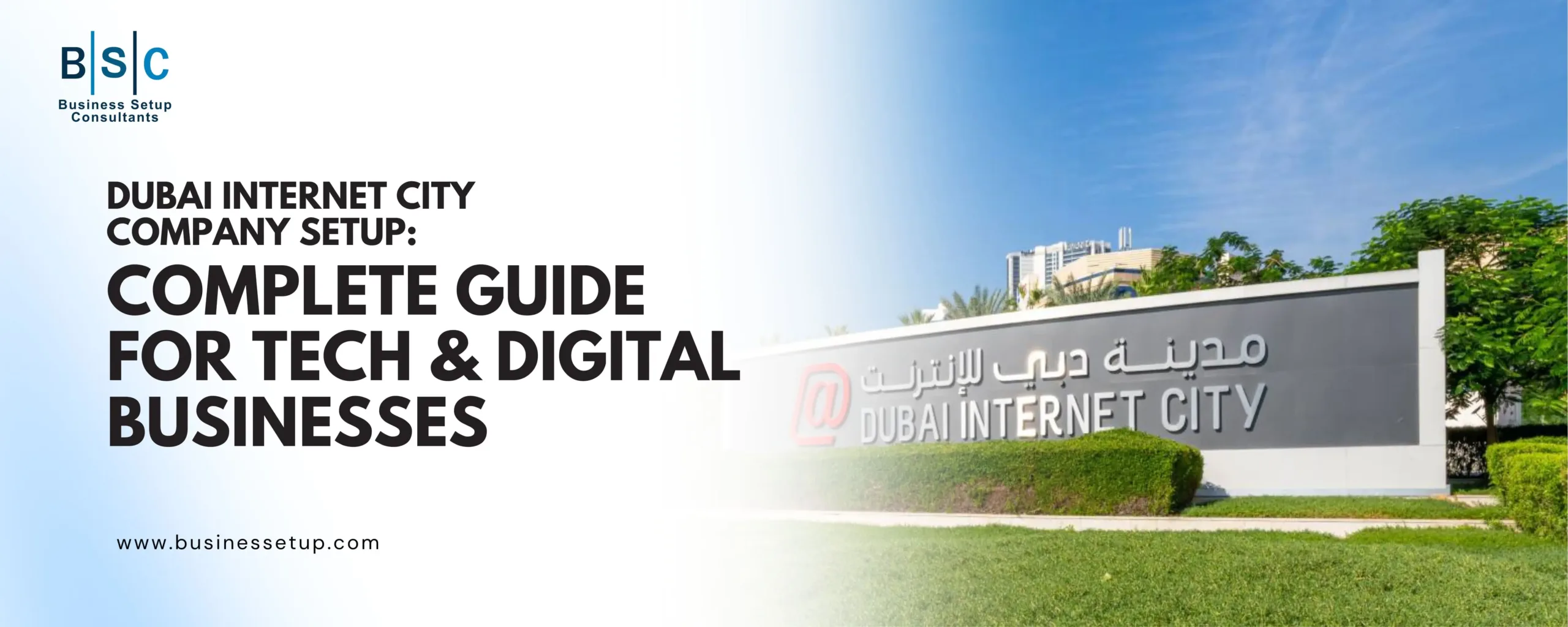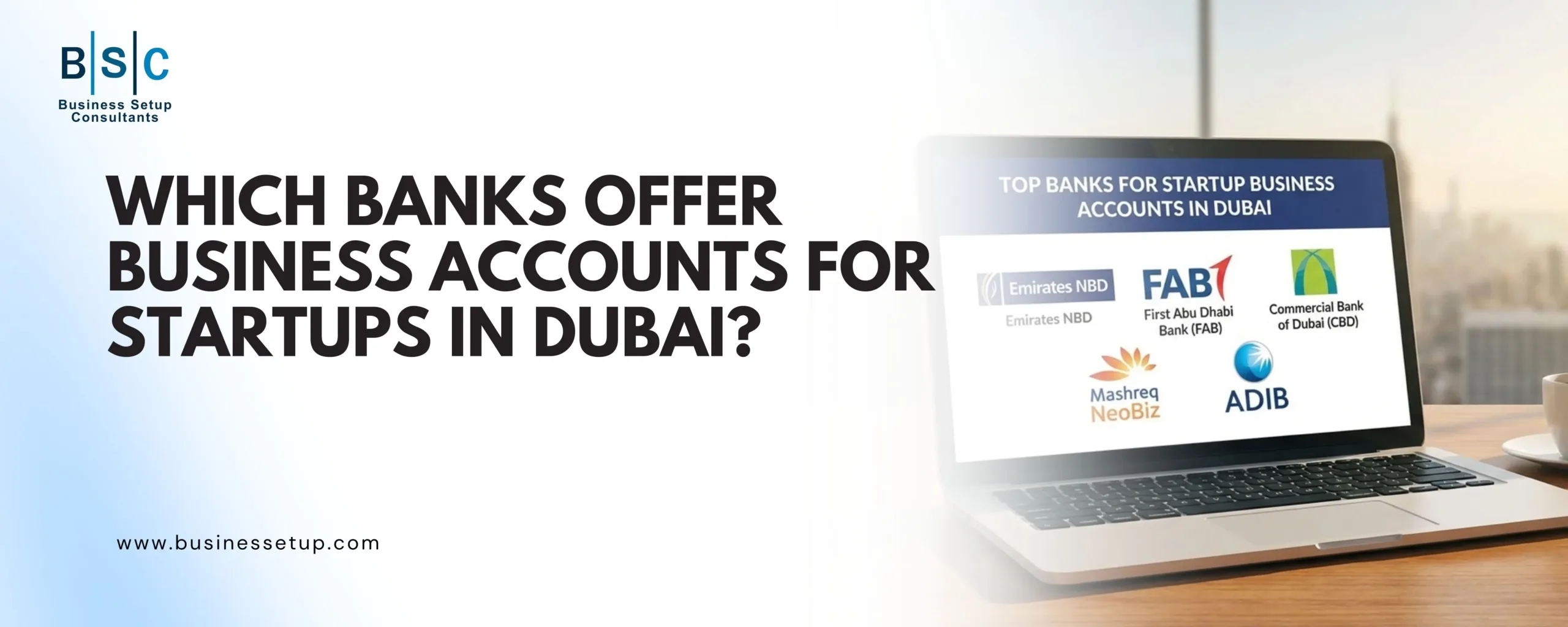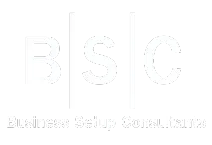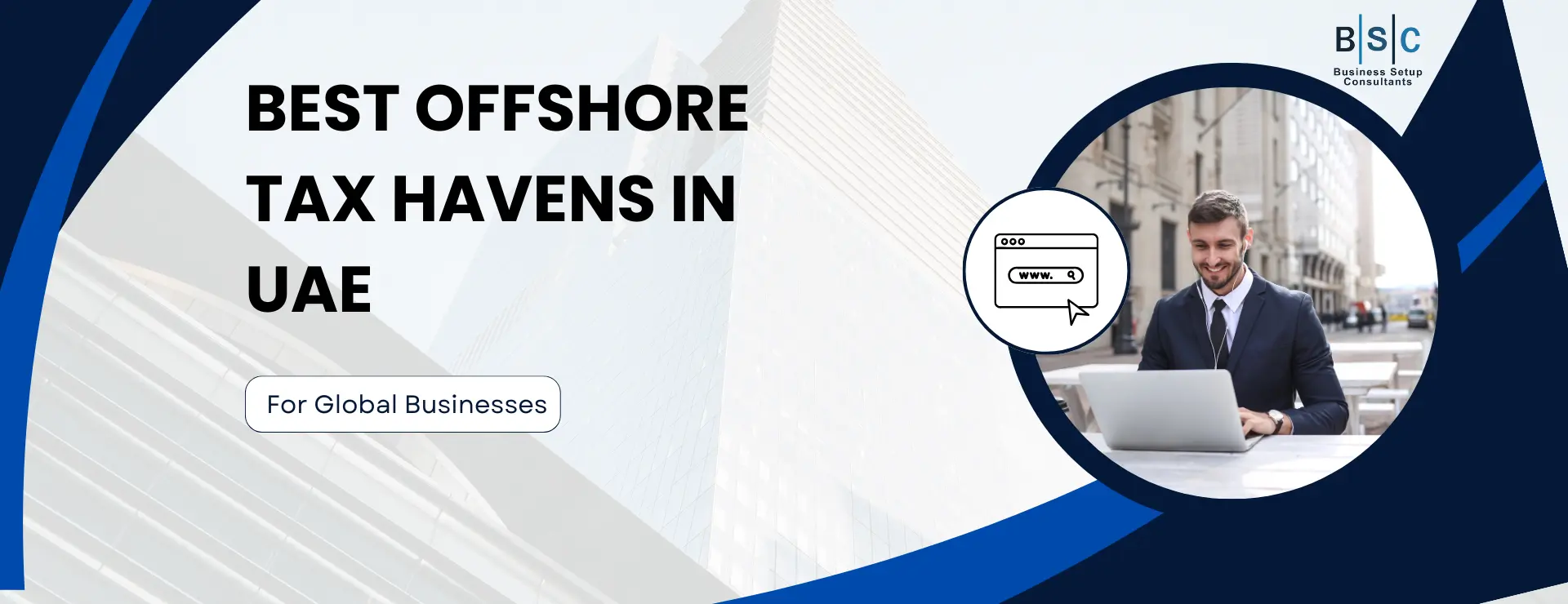
Will the “Panama Papers” Leak Spell Danger for Offshore Tax Havens?
Offshore Tax Havens
Offshore tax havens have long been sought after by businesses and individuals looking to minimize their tax burdens and protect their assets. These jurisdictions, often island nations or territories, offer low or zero tax rates, flexible incorporation rules, and strong privacy laws that attract companies seeking to legally reduce their tax liabilities.
While the UAE is known for its business-friendly policies and strategic location, it has also emerged as the best tax haven country in recent years. With a favorable tax regime, robust financial infrastructure, and a reputation for economic stability, the UAE has become an attractive option for companies exploring offshore tax planning strategies.
UAE’s Top Tax Havens for Business Expansion
The United Arab Emirates (UAE) has swiftly transformed into a prime destination for international businesses seeking tax optimization. Its strategic location, coupled with the establishment of free zones offering exceptional tax advantages, has solidified the UAE’s position as a leading player in the global offshore tax haven landscape. Here, we unveil three of the most prominent tax havens within the UAE, each catering to specific business needs:
Jebel Ali Free Zone (JAFZ)
Situated in Dubai, JAFZ is a behemoth free zone renowned for its ease of company setup and world-class infrastructure. Beyond its streamlined registration process, JAFZ boasts a compelling tax proposition: 0% corporate tax and an exemption from import and export duties.
This translates to significant cost savings for businesses involved in manufacturing, logistics, and trading activities. Additionally, JAFZ caters to a diverse range of industries, making it an ideal launchpad for companies seeking to tap into the lucrative regional and international markets.
Ras Al Khaimah (RAK) International Corporate Centre (ICC)
For businesses prioritizing cost-effectiveness, the RAK offshore presents a compelling option. This free zone specializes in offshore company registration, offering a streamlined process and competitive setup fees.
The RAK ICC’s key allure lies in its zero-tax regime, encompassing both corporate and income taxes. This translates to maximized profits for businesses, allowing them to reinvest resources into growth and expansion. Furthermore, the RAK ICC boasts a robust regulatory framework that fosters business confidence and transparency.
Dubai International Financial Centre (DIFC)
The DIFC is a premier destination for businesses operating in the realm of international finance. Geared towards attracting leading financial institutions, asset managers, and investment firms, the DIFC offers a unique tax structure.
While it boasts a 0% corporate and income tax rate, there are specific conditions attached, such as a requirement for a minimum level of local economic activity. This selective approach ensures the DIFC maintains its position as a prestigious and reputable financial hub.
Additionally, the DIFC provides access to a global network of financial institutions, a sophisticated legal system, and a highly skilled workforce, making it an unparalleled platform for businesses seeking to elevate their presence in the global financial landscape.
Will the “Panama Papers” Leak Spell Danger for Offshore Tax Havens?
Multinational corporations have long exploited legal loopholes and taken advantage of offshore tax havens to minimize their global tax liabilities, depriving governments of much-needed revenue.
The Panama Papers , an unprecedented leak of 11.5 million files from the database of the fourth biggest offshore law firm in the world, Mossack Fonseca, reveal the myriad ways in which the rich exploit particular tax regimes to hide their money. On a side note, if you are interested in an offshore company formation , you can contact Business Setup Consultants.
A Panama-based law firm, Mossack Fonseca services include creating Panama offshore shell companies and similar business structures in jurisdictions such as the British Virgin Islands.
Close to 140 offshore companies mentioned in the documents are connected to political leaders, billionaires, film stars and sports stars. World leaders named in the leak include Argentine President Mauricio Macri, Iceland’s Prime Minister Sigmundur Davíð Gunnlaugsson, Ukraine’s President Petro Poroshenko, families of some of China’s top brass, the British Prime Minister David Cameron and associates of Russian President Vladimir Putin who are alleged to have secretly shuffled billions through banks and shadow companies to conceal their fortunes.
The leak paints a bleak picture of an interconnected network of international law firms and big banks selling financial secrets and information to political figures, drug trafficking factions, and fraud propagators. The data in the leak reveals how political associates of President Putin have siphoned $12 billion in government funds through anonymous bank accounts.
Are all financial dealings of this nature illegal?
No. What has happened in Panama is not representative of the wider industry. While dealings of this nature are not illegal in themselves, they may be used to hide assets from tax authorities and conceal misappropriated political wealth by the mega-wealthy.
Would you recommend offshore company formation in Dubai?
Absolutely. One major reason people hold money in a Dubai offshore company account, which is an account in a jurisdiction different to the one in which they reside, is convenience.
Dubai offshore company formation offers owners safe, flexible and international access to funds no matter where they may live and where they may move to in the future. Global investors do business in Dubai as it is well-regulated and set to grow and mature exponentially.
Key Steps For Effective Offshore Tax Planning
- Understand Your Business Objectives and Tax Situation Begin by clearly defining your business goals, operational requirements, and current tax liabilities. This will help determine the most suitable offshore tax planning strategies for your specific needs.
- Choose the Right Jurisdiction The UAE offers several free zones and financial centers that cater to different business sectors and provide varying tax benefits. Evaluate options like Jebel Ali Free Zone (JAFZ), Ras Al Khaimah International Corporate Centre (RAK ICC), and Dubai International Financial Centre (DIFC) based on your industry, desired tax incentives, and operational requirements.
- Incorporate an Offshore Company Setting up an offshore company within a free zone or financial center is a common tax planning strategy. This involves registering your business entity within the chosen jurisdiction, which can provide benefits like 0% corporate tax, exemption from import/export duties, and asset protection.
- Structure Your Operations Effectively Work with tax advisors and legal experts to structure your business operations in a tax-efficient manner. This may involve establishing holding companies, trading entities, or investment vehicles within the offshore company to minimize tax liabilities legally.
- Consider Double Taxation Agreements The UAE has signed double taxation avoidance agreements with numerous countries, which can help prevent double taxation on income earned in multiple jurisdictions. Understand how these agreements can benefit your offshore tax planning strategy.
- Ensure Regulatory Compliance Offshore tax planning in the UAE must comply with local and international regulations. Work closely with professionals to ensure proper documentation, transparency in financial reporting, and adherence to anti-money laundering and know-your-customer (KYC) rules.
- Review and Adjust Your Strategy Tax laws and regulations can change over time, so it’s crucial to regularly review and adjust your offshore tax planning strategy. Consult with your advisors to ensure continued compliance and effectiveness of your tax optimization efforts.
- Maintain Substance Requirements Certain jurisdictions may require economic substance or physical presence within the offshore jurisdiction. Ensure that your offshore company meets these requirements to avoid being labeled as a shell company for tax avoidance purposes.
What are 3 top factors that make offshore company formation in Dubai a great option?
- A thriving business hub in the Middle East, having a UAE offshore company protects companies that operate in multiple jurisdictions from double taxation, as the UAE is free from all kinds of tax be it income tax, capital gains tax, inheritance tax, etc.
- Confidentiality is a huge plus, as the UAE does not disclose information to OECD, which means that all records of your wealth will usually be owned by a company which no one except you, as the owner, will know.
- Thirdly, UAE offshore companies can have 100% foreign ownership , given the free zone options in the country.
Do Offshore Workers Pay Tax
While offshore workers in the UAE generally don’t pay personal income tax, it’s not a straightforward yes or no answer. Here’s a breakdown:
- Offshore company, offshore salary: No personal income tax.
- Offshore company, mainland salary: Tax implications depend on the specific company structure and residency status.
- Mainland company, any salary: Subject to UAE income tax (if applicable based on salary bracket).
For a definitive answer on your tax obligations as an offshore worker in the UAE, consulting with a tax advisor familiar with UAE tax laws is highly recommended. They can assess your specific situation, considering factors like your employment type, company structure, and residency status.
What are the three top locations for setting up in this business structure?
The first in Dubai itself, under the regulating authority called Jebel Ali Free Zone Authority (JAFZA) . The second is in Ajman, under the regulating authority, Ajman Free Zone . And the third is in Ras Al Khaimah, under the regulating authority, Ras Al Khaimah International Corporate Center (RAKICC) .


